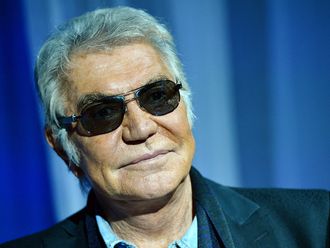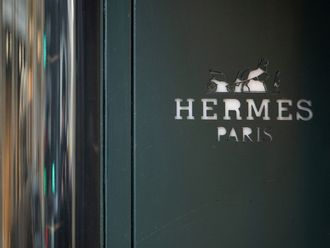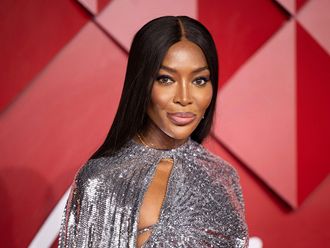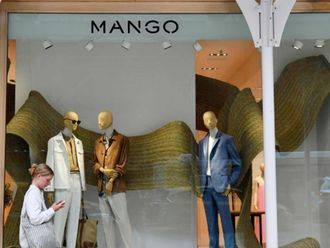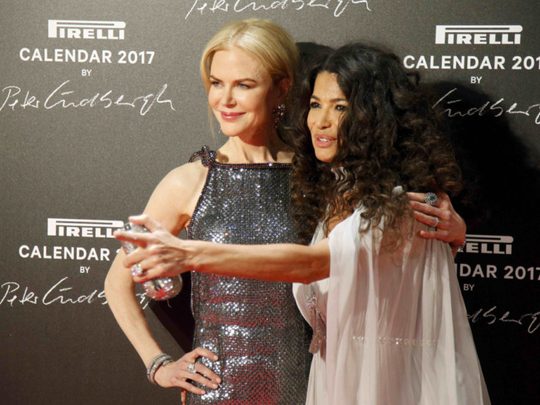
Dubai: In a region where women spend a lot on cosmetics and plastic surgeries, a call for less make-up is coming from Afef Jnifen, Tunisian-Italian model, considered an icon, who was one of the judges of Project Runway Middle East.
Jnifen’s charisma speaks for itself. Her words reflect authority and presence. She is advising Arab women to wear less make-up, in order to look more beautiful and reflect more confidence.
“Arab women should have self-confidence,” 52-year-old Jnifen told Gulf News tabloid! in an earlier interview.
“Simplicity is beauty,” she added. “When I was in Lebanon, I was asked three times if I want to do Botox. This is not a cup of coffee,” she said earlier to an applauding audience during a press conference.
“It took me many years to have these wrinkles on my face and I am not going to take them away,” she quoted a famous Italian actress as saying when she was asked if she would do Botox.
While the fashion icon, actress and television presenter criticised the “huge amount of make-up” that many Arab women wear, she said that some women look like “dolls”, sometimes.
Jnifen said western women do not wear as much make-up as Arab women.
“I have succeeded in making my Arab friends in Italy gradually stop wearing make-up.”
As you have dresses for morning, afternoon and evening, there is make-up for each time. “So, if you are going to a party in the evening, it is fine to wear make-up but not too much, and stay natural” said Jnifen.
Elegant and simple
“Make-up does not make women more beautiful, but it does make them look fake,” she continued.
“We have to gradually start accepting ourselves as we are without make-up,” Jnifen, who was wearing light make-up and an elegant white shirt with black pants.
An elegant Bulgari necklace added a certain touch to her appearance. Throughout the show of Project Runway ME, which concluded on Thursday evening, Jnifen kept her elegant and simple look. She captured the hearts of many women from the audience by her look and strong personality.
“When Arab women reach a point where they are equal to men, they will not be wearing too much make-up. “Surely, confident women would not wear too much make-up,” she said.
The Arab region is considered one of the high spenders on cosmetics.
For example, figures from Saudi Arabia show that nearly 44.6 million kilograms of cosmetics was imported into the kingdom in 2015. This amounts to more than 2.3 billion Saudi riyals (nearly Dh2.25 billion), according to Saudi press reports.
Both Cairo and Beirut “offered considerably cheaper prices for cosmetic surgery than Europe and the United States,” wrote Andrew Hammond in his book Popular culture in the Arab world. He wrote that plastic surgeries in the Arab world jumped to 650,000 in 2003 from 380,000 the year before.
UAE, according to some press reports, tops the region in per capita spending, with the average resident spending nearly $163 (Dh600) on beauty and personal care products. Last year’s market value was $1.1 billion (Dh4.4 billion). “The UAE’s beauty and cosmetics market is growing fast with overall spending expected to reach $1.3 (4.77 billion) by 2017,” according to a report.



